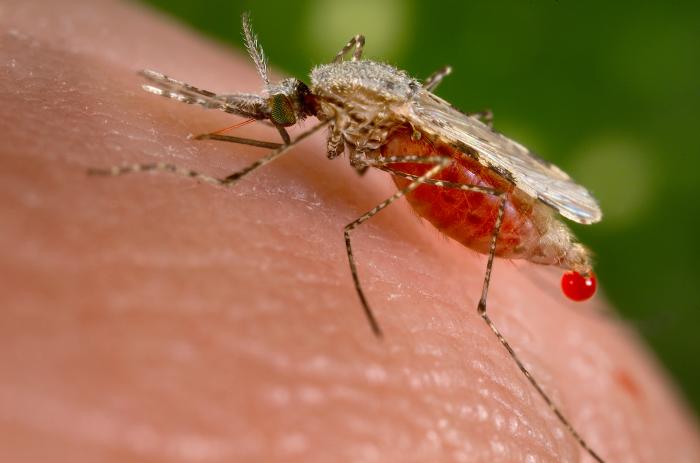
Chimp and Human Genomes: An Evolution Myth Unravels
On today’s ID the Future, Casey Luskin rebuts the oft-repeated claim that the human and chimp genomes are 98-99% similar and therefore surely resulted from Darwinian common descent. Luskin cites an article in the journal Science which describes the 98-99% claim as a myth. The original figure was derived from a single protein-to-protein comparison, but once you compare the entire genomes, and use more rigorous methods, the similarity drops several percentage points, and on one account, down into the mid-80s. Additionally, the chimp genomes used in the original comparison studies borrowed the human genome for scaffolding, thus artificially boosting the degree of similarity. What about supposed junk DNA similarities between human and chimp? Why would an intelligent designer put the same useless “pseudogene” in both the original chimp population and original human population? Surely a better explanation, the evolutionists argue, is Darwinian common ancestry. The problem with that argument, according to Luskin, is that pseudogenes are turning out to have functions. In other words, they aren’t, as evolutionists had assumed, just so much junk DNA. One example: evolution advocates Kenneth Miller and Eugenie Scott cited the beta-globin pseudogene as knockdown evidence of common descent between humans and apes. But the beta-globin pseudogene, it turns out, is essential for producing red blood cells. This means that finding this gene in both apes and humans is no more indicative of mindless common descent than finding wheels on both cars and airplanes. An intelligent designer would be expected to use the successful design element in both cases. Luskin provides still other lines of evidence undercutting the DNA-similarity argument for chimp-human common ancestry. Tune in to hear it all. And to read Luskin’s latest work on the subject, get the new free online ID book from South Africa, Science and Faith in Dialogue, with contributions from Luskin, Stephen Meyer, Hugh Ross, Guillermo Gonzalez, James Tour, Fazale Rana, Marcos Eberlin, and others.



